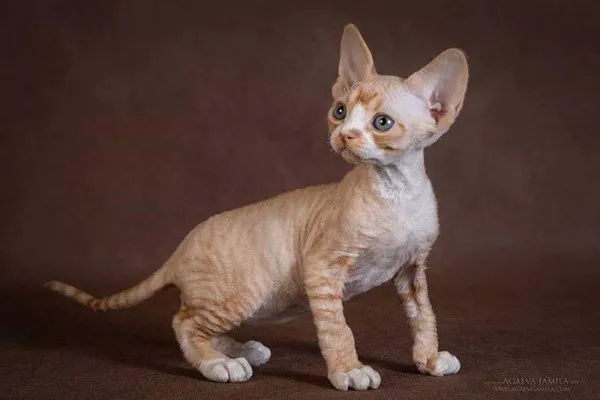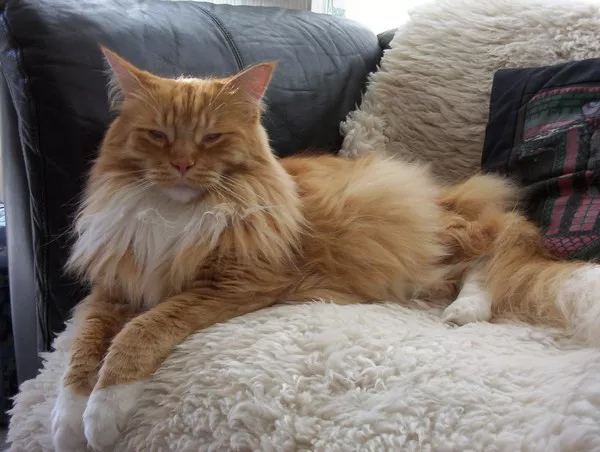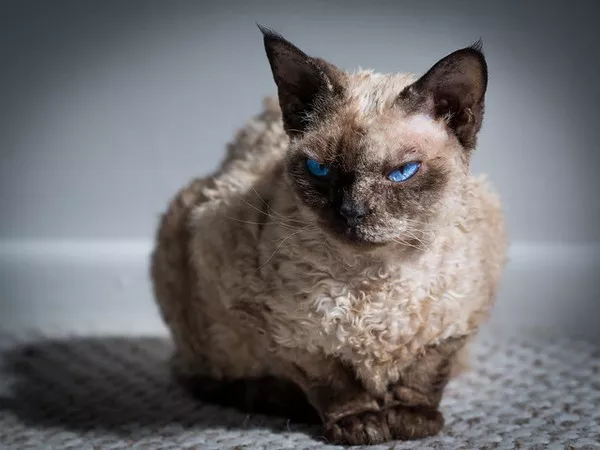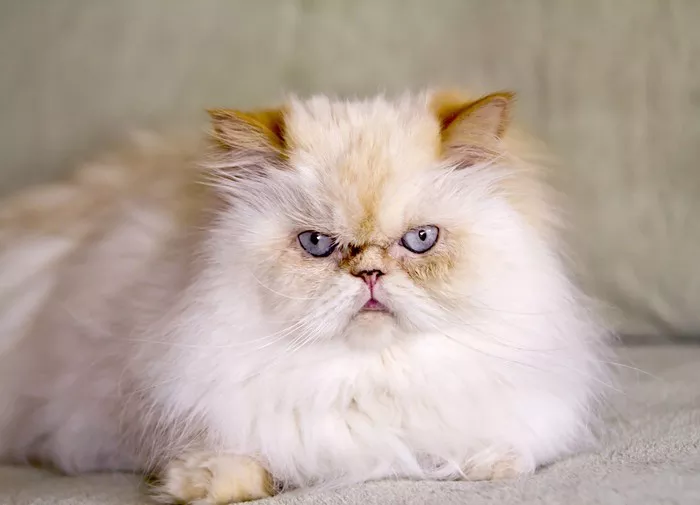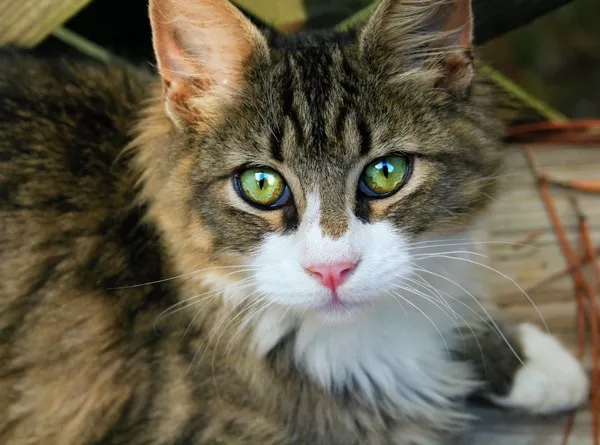The Devon Rex, with its elfin features and wavy coat, is among the most distinctive and enchanting breeds in the feline world. Known for their playful and sociable nature, these cats have captured the hearts of pet owners across the globe. One question that occasionally surfaces among enthusiasts and prospective pet owners is whether Devon Rex cats are prone to being cross-eyed, a condition medically known as strabismus. This article delves into the genetic makeup, health considerations, and visual characteristics of the Devon Rex to address this question comprehensively.
Understanding Strabismus in Cats
Strabismus is a condition where the eyes do not properly align with each other when focusing on an object. This misalignment can result in a cross-eyed appearance and can affect one or both eyes. In cats, strabismus can be either congenital (present from birth) or acquired due to various health issues.
Types of Strabismus
Congenital Strabismus: This form is present at birth and is often hereditary. It is usually benign and does not significantly affect the cat’s vision.
Acquired Strabismus: This can develop due to trauma, diseases of the inner ear, or neurological disorders, and might require veterinary attention.
Genetic Traits of the Devon Rex
To understand why or why not Devon Rex cats might be cross-eyed, it’s important to explore their genetic background. The Devon Rex mutation affects the breed’s coat, but it can also influence other physical traits due to the complex nature of genetic expression.
The Devon Rex Mutation
The mutation that gives the Devon Rex its curly fur is specific to the breed and affects keratin protein production, which impacts hair growth. Research has not directly linked this mutation to eye alignment issues like strabismus.
Hereditary Health Issues
Devon Rex cats are generally healthy, but like all breeds, they have predispositions to certain genetic health conditions. These do not typically include strabismus, though they can be prone to issues like hypertrophic cardiomyopathy, patellar luxation, and hereditary myopathy, all of which are unrelated to eye alignment.
The Visual Characteristics of Devon Rex Cats
Devon Rex cats are often noted for their striking appearance, which includes large, wide-set eyes that contribute to their unique look. This distinct eye placement can sometimes give the illusion of strabismus.
Eye Shape and Placement
The large, oval eyes set low on the head and wide apart can sometimes create a visual effect that might be mistaken for cross-eyedness, especially in photographs or at certain angles.
Facial Structure Influence
The breed’s slender face and high cheekbones can accentuate eye characteristics, leading observers to misinterpret normal eye alignment.
Common Health Assessments for Devon Rex Cats
Regular veterinary assessments can help ensure that any signs of strabismus or other eye-related issues in Devon Rex cats are monitored. Here’s what owners should consider:
Routine Health Check-Ups
Annual check-ups can help catch any signs of eye issues early. Vets can assess both the health of the eye and its alignment during these visits.
Importance of Genetic Testing
For breeders, genetic testing can help identify potential hereditary conditions that may not include strabismus but could affect overall health and quality of life.
Addressing Myths and Misconceptions
Despite anecdotal reports, there is no scientific evidence to suggest that Devon Rex cats are more prone to being cross-eyed than any other cat breed. Understanding this helps to dispel myths and focus on what is known about the breed’s health and genetics.
Expert Opinions
Veterinarians and feline genetic researchers agree that strabismus is relatively uncommon in Devon Rex cats, and when it does occur, it is likely due to the same range of causes that would affect any other breed.
Owner Testimonials
Many Devon Rex owners note their pets’ expressive eyes and sometimes quirky looks, but clear cases of strabismus are rare and often not breed-specific.
Caring for a Devon Rex with Strabismus
If a Devon Rex cat does exhibit strabismus, there are ways to manage the condition, ensuring the cat lives a full and active life.
Veterinary Care and Management
Ongoing veterinary care can help manage any underlying causes of acquired strabismus and help maintain the cat’s quality of life.
Home Care Tips
Owners can make small adjustments at home to help their strabismus-affected cat, such as placing food and water bowls in easily accessible, consistent locations to accommodate their altered depth perception.
Conclusion
The question of whether Devon Rex cats are typically cross-eyed is rooted more in perception and myth than in reality. While the distinctive facial features of the Devon Rex might sometimes give the illusion of strabismus, actual cases of cross-eyedness are no more common in Devon Rex cats than in any other breed. Understanding this helps to clarify misconceptions and allows owners and potential owners to focus more on the health, care, and unique personality traits that make the Devon Rex such a beloved companion.

